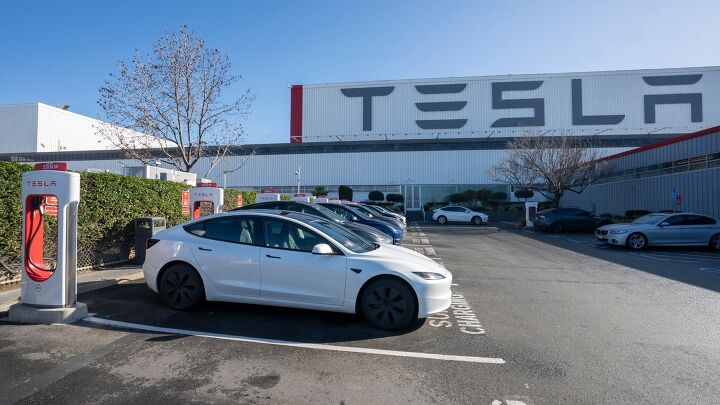
Among many other things, the Inflation Reduction Act changed the way EV tax credits work in the United States. With an eye on reducing America’s dependence on Chinese batteries and materials, the Act incentivizes automakers to source materials from free-trade-compliant countries and build EVs in North America. Now, China is expressing its unhappiness with the legislation by raising a dispute with the World Trade Organization.
The Chinese Ministry of Commerce claimed the Inflation Reduction Act is “discriminatory” and said it has “seriously distorted” supply chains. At the same time, the U.S. is making similar claims against China, saying the country has used unfair policies to manipulate the global market in its favor.
Legal experts say this case might not be so airtight for China, noting that the U.S. will mount a vigorous defense. That said, the Inflation Reduction Act apparently does run afoul of WTO rules, which has already been pointed out by the EU.
U.S. politicians of all sorts have expressed distrust of China, and no one appears ready to go soft on the Asian giant’s EVs. The country’s electric vehicle industry has grown rapidly in recent years, as government subsidies and other incentives have driven research and development of new models.
While BYD, China’s largest EV maker, has said it would not come to the U.S., others might. Additionally, Chinese EVs are expanding their reach into Mexico, and some expect other brands to reach the U.S. by 2025 or shortly after. That said, there is still the matter of Chinese tariffs, which can add thousands to the price of a new EV as it enters the United States.
[Image: Tada Images via Shutterstock]
Become a TTAC insider. Get the latest news, features, TTAC takes, and everything else that gets to the truth about cars first by subscribing to our newsletter.
via Autobuzz Today
Comments
Post a Comment